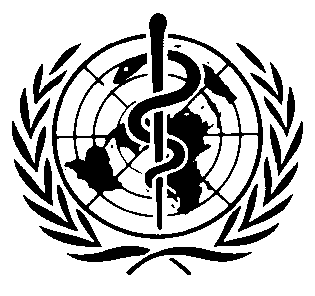International Chemical Safety Cards
| IMAZALIL | ICSC: 1303 |




1-(2-(2,4-Dichlorophenyl)-2-(2-propenyloxy)ethyl)-1H-imidazole Enilconazole C14H14Cl2N2O Molecular mass: 297.2 CAS # 35554-44-0 RTECS # NI4776000 EC # 613-042-00-5 November 25, 1998 Peer reviewed |
| TYPES OF HAZARD/ EXPOSURE | ACUTE HAZARDS/ SYMPTOMS | PREVENTION |
FIRST AID/ FIRE FIGHTING |
| FIRE |
Combustible.
Liquid formulations containing organic solvents may be flammable.
Gives off irritating or toxic fumes (or gases) in a fire.
|
NO open flames.
|
Powder, water spray, foam, carbon dioxide.
|
| EXPLOSION |
|
|
|
| EXPOSURE |
|
|
|
| •INHALATION |
|
|
Fresh air, rest.
|
| •SKIN |
|
Protective gloves.
|
Remove contaminated clothes.
Rinse skin with plenty of water or shower.
|
| •EYES |
Redness.
Pain.
|
Safety goggles.
|
First rinse with plenty of water for several minutes (remove contact lenses if easily possible), then take to a doctor.
|
| •INGESTION |
Nausea.
|
Do not eat, drink, or smoke during work.
Wash hands before eating.
|
Rinse mouth.
Refer for medical attention.
|
| SPILLAGE DISPOSAL | STORAGE | PACKAGING & LABELLING | ||
|
Sweep spilled substance into sealable containers.
Carefully collect remainder,
then remove to safe place.
(Extra personal protection: chemical protection suit including self-contained breathing apparatus).
|
Provision to contain effluent from fire extinguishing.
Separated from
food and feedstuffs.
Well closed.
Keep in a well-ventilated room.
|
Do not transport with food and feedstuffs.
Xn symbol N symbol R: 20/22-41-50/53 S: 2-26-39-60-61 |
||
| SEE IMPORTANT INFORMATION ON BACK | ||||
|
||||
